Dietary Plan
Nutritional Counseling
Initial Dietary Assessment
- Tracking the change in your eating habits
- Assessing your efforts to change your eating habits and live a healthy lifestyle over time
- Collecting information regarding your dietary habits which may cause problems after surgery,
- Guide you through pre-operative very low-calorie diet (Optifat) so that you can complete the 2 weeks program.
Post Operative Diet Planning
- nutritional needs,
- teach you to make healthy choices.
Your Healthy Diet
- smaller portions, that are
- well-balanced and nutritious
What Proper Nutrition Looks Like
- first weeks - all-liquid diet,
- second two weeks - sees the gradual progression to a diet consisting of pureed foods, and advancing to a diet consisting of soft foods
- third two weeks - a diet consisting of soft foods advancing to the solid healthy diet
Mood and Energy Levels
It is common to experience low energy levels after bariatric surgery. Make sure you have help at home for the first few days, especially if you are a caregiver for young children or elderly family members.
Give yourself time to heal. Intersperse your periods of rest with 10-20 minute walks and deep breathing. You may experience periods of sadness. This is quite normal and potentially related to the medications you may have received while in surgery.
Physical Limitations
- Wait 24 hours post surgery before showering, unless specifically instructed otherwise by your surgeon
- Use gentle soap, like baby soap, to go easy on your skin
- Avoid driving or operating heavy machinery while taking prescription painkillers
- Don’t lift more than 10 pounds for 4 weeks post surgery
- In regards to sex, listen to your body and be careful for 2 weeks post surgery
Dietary and Weight Loss Success Factors
- consuming an adequate amount of protein,
- getting a sufficient amount of all vitamins and
- exercising consistently, while consuming fewer calories than before surgery.
- a minimum of 50-60 grams of lean protein each day
- avoid consuming foods with a high glycemic index (GI) such as certain carbohydrates.
- avoid smoking - as smoking can cause stomach ulcers.
Your Personal Eating Plan
- vitamins,
- minerals,
- electrolytes,
- liver enzymes,
- thyroid hormones and
- hemoglobin
Failure is Not an Option
- diarrhea,
- nausea and
- abdominal cramping, comprising what is known as “dumping syndrome.”
Are Vitamin Supplements Required After Surgery?
What if I Go Out to Eat?
Can I Still Enjoy a Glass of Wine?
Can I Eat Anything in Moderation?
What Foods Should be Avoided
- chocolate,
- ice cream,
- milkshakes,
- soft-drinks, etc







